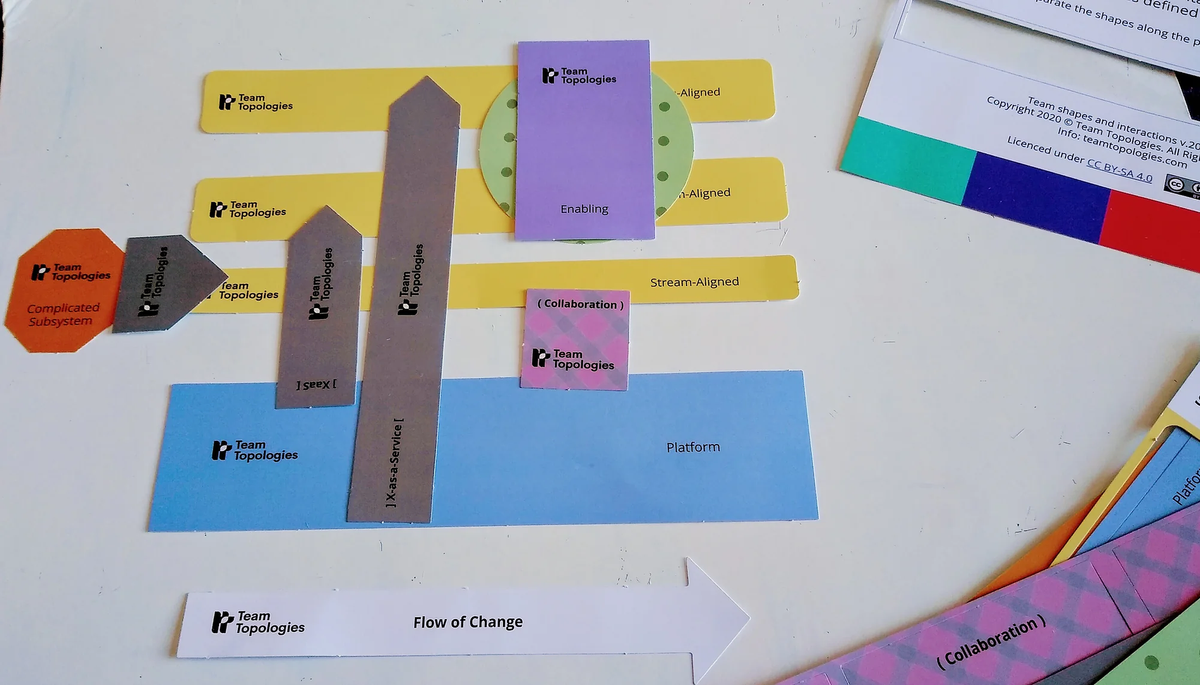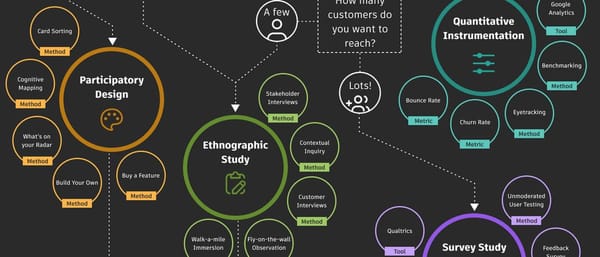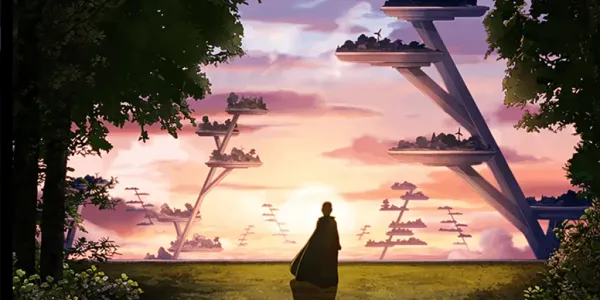№ 40 | A Team Topologies Toolkit, Histography, Against Tragedy of the Commons?, The Governance Game, and Communal Computing for the 21st Century Science Lab (Bret Victor!)

A team topologies talk and toolkit
[Say that quickly 3 times!]
The Team Topologies book has been on my to get list for some time—and I think this presentation just gave me the nudge I needed. The focus of this talk is how everything written about in the 2019 book seems to extend outside of IT and software. Their hypothesis:
Team Topologies provides vital language, patterns, and constraints for almost all knowledge work situations in the context of fast flow and team ownership.
But… why stop with just a book? What I didn’t know about was this analog toolkit to “model and visualise different options for team responsibilities and interactions based on the ideas in the Team Topologies book.” 😍

Histography
I love history. I love interactive visualizations. Here’s a combo of both with Histography.

“Histography" is interactive timeline that spans across 14 billion years of history, from the Big Bang to 2015. The site draws historical events from Wikipedia and self-updates daily with new recorded events. The interface allows for users to view between decades to millions of years. The viewer can choose to watch a variety of events which have happened in a particular period or to target a specific event in time.
[Also, plenty of other cool projects from the creator!]
Okay, buckle up…
Against Tragedy of the Commons?
I first encountered the “Tragedy of the Commons” archetype by way of a systems thinking class from UnSchool. I found this short video (using the analogy of fishing a pond) offers a crisp and memorable illustration of the problem, which is: ‘Optimizing for the self in the short term isn’t optimal for anyone in the long term.’ (Or the same idea stated in the opposite: what’s good for all of us is good for each of us.)

All good, right? Except…
This concept appears to be getting some blowback. Leading us to this article, arguing that the accepting the Tragedy of the Commons as common sense obscures “what we are actually experiencing: a Tragedy of the Non-Commons… The fact that most resources and power are in the hands of the few has terrible consequences for us all… Non-common governance and inequalities are at the heart of the climate and ecological crises.”

And then there’s this post from Cory Doctorow that digs into the person—Garrett Hardin—behind the 1964 essay that popularized the tragedy of the commons, with the opinion that this is “how ecofascism was smuggled into mainstream thought.”
😬
Okay. On to something lighter…
The Governance Game
Ooh…! It’s a card game that helps people discuss the governance of a codebase. It also looks like there’ll be a public introduction to the Governance Game on June 16th (but this is the middle of the night for many of us in North America 😢).

And finally…
Communal computing for 21st century science
🎉 Hey, it’s something NEW from Bret Victor!! 🎉
Seriously, after not hearing anything from or about him for years, I was concerned. Great to see Dynamicland is still alive and kicking, and… as demoed here, being used to prototype a 21st century science lab!
This video is brief—10 minutes. And, super inspiring and mind-shifting—especially if Dynamicland and communal computing is new to you. You're welcome.





